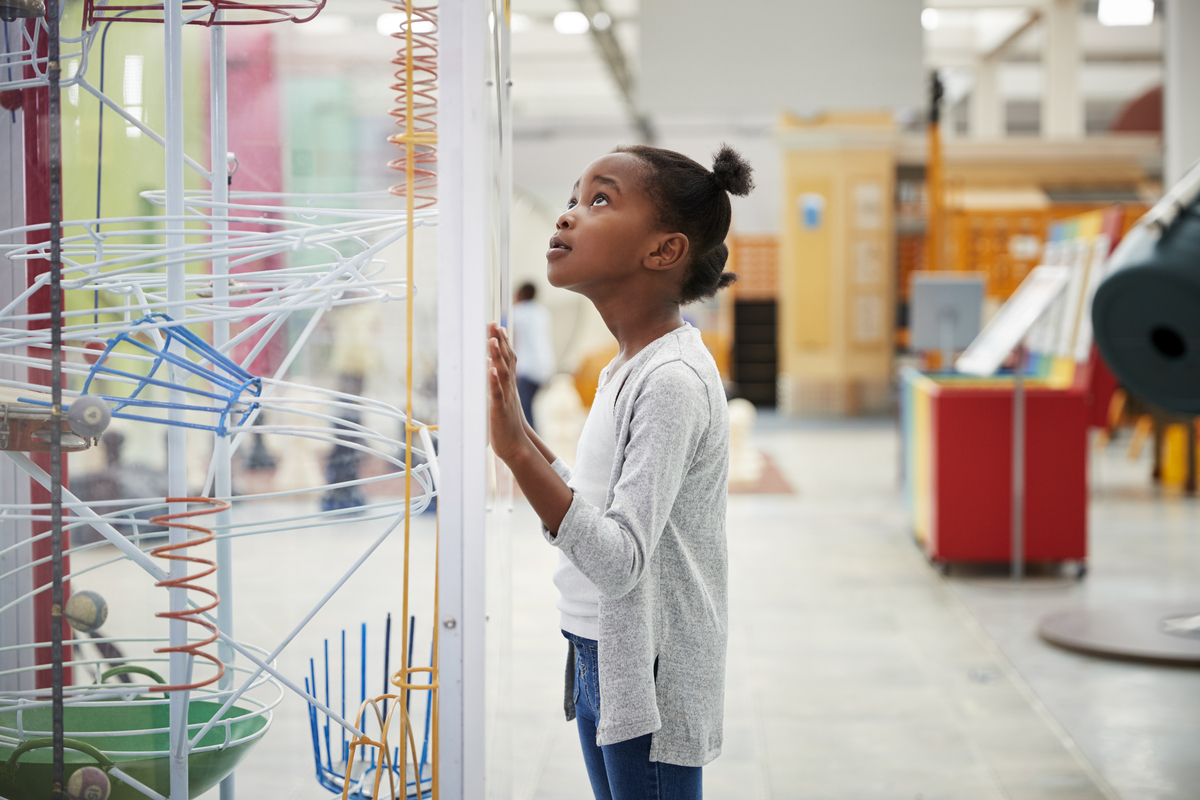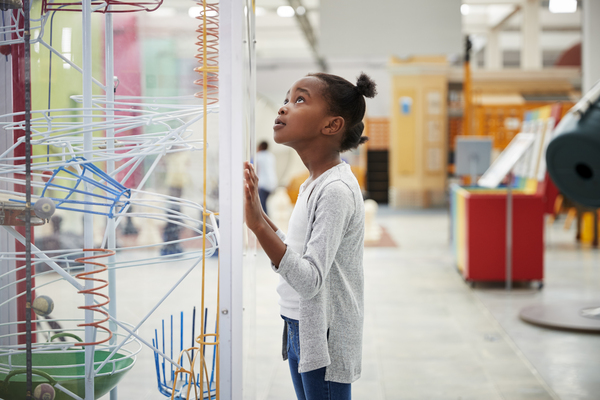
The UK's science museums are at the centre of an escalating controversy over government involvement in their work - what some in the media and politics have termed the 'culture war'.
As museums respond to the growing demand from both their own staff and the public to reflect complex, controversial histories in a more rigorous way, including being more transparent about scientific discovery and its links to colonisation and slavery, some have pushed back.
The Boris Johnson government, for example, has interpreted efforts to ‘decolonise’ museums as being motivated by activism that threatens to undermine British pride and patriotism. Last year, then culture secretary Oliver Dowden [1] wrote to museums urging them, as institutions that receive public funding, to fall in line with the government's position. The Museums Association [2] responded by reminding ministers that museums must be allowed to operate with editorial independence and free from government influence.
This is perhaps the most serious stand-off between national museums and a government that this generation has seen. The ABSW invited science communicators who have witnessed the discussions and tensions firsthand to share their views on the role of science and technology museums, and what way forward there might be for those committed to presenting history in a more accurate, honest and inclusive way.
Our speakers were::
Sarah Dry is a writer, historian of science and trustee of the Science Museum in London between 2016 and 2021, stepping down following the government's letter to museums.
Sarah is the author of Waters of the World: The Story of the Scientists Who Unravelled the Mysteries of the Oceans, Atmosphere and Ice Sheets and Made the Planet Whole (Scribe/University of Chicago, 2019) and The Newton Papers: The Strange and True Odyssey of Isaac Newton’s Manuscripts (OUP, 2014).
Aminul Hoque is a lecturer and researcher in the Educational Studies Department, Goldsmiths, University of London, and a visiting lecturer at London Metropolitan University. He was a trustee with the Royal Museums Greenwich between 2016 and 2021 - stepping down after the government decided not to renew his term of office.
Aminul's latest book, based on his research, is called: British Islamic identity: Third generation Bangladeshis from East London (Trentham, 2015)
The event was chaired by Sara Abdulla, Chief Opinion Editor (including Books and Arts), at Nature.
Sara heads the team commissioning expert-authored comment, book reviews, obituaries, and letters. During her three decades in science communication she has launched a list of popular science books; reported for The Financial Times, The Times, The British Medical Journal and appeared on TV, radio and podcasts. Sara has taught science journalism at Imperial College and at Birkbeck College London
This event was organised in partnership with the 'Challenging Pseudoscience, at the Ri' group. The replay is below:
NOTES
[1] Oliver Dowden's letter to museums
[2] Museums Association response




